
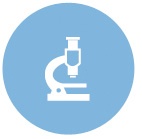
The Foundation for Prader-Willi Research (FPWR), with the input of community stakeholders, has developed a strategic research plan for Prader-Willi syndrome (PWS) to accelerate research and the development of therapies for PWS. Through the implementation of new translational research programs, the management of a world-class grants program, and the development of PWS research tools, FPWR will advance research in order to develop new treatments for PWS and improve the health and well being of those with PWS.
With the support of the PWS community, FPWR’s research program has grown from funding small pilot studies to encompassing a robust and diverse research portfolio that facilitates and guides the PWS research agenda. We have played an instrumental role in advancing the field of PWS research by supporting innovative research, encouraging collaboration, engaging pharmaceutical companies, and enabling a research-ready community.
Read MoreOver the next 5 years, FPWR will take an increasingly directed approach to accelerate the development of new therapies for PWS and make sure we have treatments for our loved ones as soon as possible. FPWR will add to its current world-class grant program an active translational research program aimed at streamlining the therapeutic development path. The grant program will continue to fund highly innovative, early stage studies, while the translational research program will focus on efficiently transforming the most promising approaches into new therapies. Shorter-term goals of evaluating existing approaches to improve health and quality of life will be balanced with support of longer-term, potentially transformative therapeutic development.
To address the challenges that limit our loved ones’ independence and quality of life, we will complement our grant program with three translational research programs and seven research tools:
Translational Research Programs
Research Tools:
We all agree that our loved ones living with PWS need improved treatments NOW. Clinical care research aims to alleviate the symptoms (such as behavioral problems, scoliosis, seizures, GI motility, central adrenal insufficiency, hypotonia, etc.) of PWS to improve quality of life. Through this program, we will characterize common PWS clinical complications and evaluate existing medicines and treatments to determine if they can be used to optimize the health and well-being of our loved ones with PWS in the near term.
Read MoreProgram 2A: Genotype to Phenotype
To improve therapies for PWS, we need to better understand how the loss of the PWS genes leads to the characteristics of PWS and how genes outside the PWS region influence the severity of disease symptoms. Fundamental insights into the underlying basis of PWS symptoms will lead to breakthrough therapies and more personalized approaches to treating PWS.
Example: PWS Genome Project. Genome sequencing is driving a more personalized understanding disease, and promises to revolutionize how clinical care is delivered. In this pilot phase, the PWS Genomes project will support the sequencing of 100 PWS genomes, with DNA sequence information linked to the Global PWS Registry data. Genome sequencing will identify gene variants that modify clinical aspects of PWS, modify response to medications and drugs in clinical trials, and impact drug safety. This up front investment will save dividends in the future as genome data will be stored and used for ongoing investigations as new research questions arise.
Read MoreProgram 2B: Neurobiology of Hyperphagia and Mental Health PWS
Hyperphagia and mental health issues are two of the greatest challenges faced by individuals with PWS. Through the neurobiology of feeding behavior program we will improve our understanding of 1) the neurobiology of hyperphagia, 2) progression from failure to thrive to hyperphagia, 3) eating behavior drive, 4) energy balance/metabolism. Studying the neurobiology of mental health will provide a better understanding of the underlying basis for intellectual disability, behavior problems and mental illness in PWS.
Through the Neurobiology of PWS program, we will gain a better understanding of why people with PWS develop hyperphagia and struggle with intellectual disabilities, behavior problems, and mental illness. By understanding the changes in the brains of those with PWS, we can identify new targets for drug development and determine which treatments are most promising.
Program 3A Genetic Therapy for PWS
Genetic therapy has the potential to address the root cause of PWS. Through our genetic therapy program, we will determine if genetic approaches can reverse the symptoms of PWS. For example, what will happen if we introduce a single activated PWS gene? Can we partially or completely reverse PWS symptoms through gene replacement or gene activation techniques?
The goal of this program will be to focus on overall feasibility of gene activation and replacement as therapeutic strategies. This program requires a long-term investment, but has the potential to be life-changing for our loved ones with PWS.
Read MoreFour complimentary approaches to gene activation are in development for PWS and currently supported by FPWR. These include small molecules (drugs), CRISPR technology, “artificial transcription factor’ technology and disruption of specialized proteins that silence the PWS genes on the maternal chromosome. Each of these projects is underway in pilot phases, and we will determine which one(s) have the most potential to move forward.
Program 3B: Pharmaceutical Therapy for PWS
This program will support the development of new drugs and repurposing of pharmacological therapies to address the most severe symptoms of PWS. New drug development is long and costly. Repurposing of drugs can drastically reduce development time and skip many of the pre-clinical phases. We will leverage our limited resources to accelerate the drug development and repurposing processes by funding proof of concept studies and bridging critical gaps.
Example: Diazoxide. In 2015, FPWR partnered with Essentialis to co-fund a Phase 1 clinical study investigating Diazoxide Choline Controlled Release (DCCR) tablets, a new formulation of the FDA-approved drug, Diazoxide, for treatment in PWS. Results from the Phase 1 study were positive, with improvements in hyperphagia, body weight, body composition, and behavior. Evaluating a drug previously used for other purposes significantly reduces the time and expense of clinical trials.
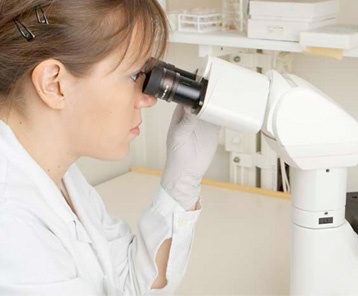
FPWR’s grant program allows FPWR to support cutting edge, innovative ideas from some of the world’s best scientists. A robust and consistent source of funding for this program is critical for the health of the PWS research community; supporting new investigators who are just starting on their research careers, established PWS researchers who want to explore new areas, and researchers outside the PWS field who want to apply their expertise to PWS. FPWR will continue to fund innovative projects each year that will feed the research and development pipeline, advance our understanding of PWS and help the discovery of new therapeutic strategies.
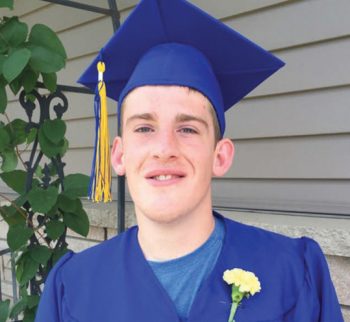
A well-thought-out set of tools and infrastructure is critical to support PWS research and accelerate therapeutic development. Such tools are typically not supported by other funding sources, so it is up to us, FPWR and the PWS community, to ensure these tools are developed. By providing critical tools that all researchers can use, we can leverage our funds and accelerate research at all stages of the therapeutic development path. FPWR is in a unique position to facilitate collaboration across stakeholders and provide research tools to the community, which will improve efficiency and accelerate the development of effective therapies for PWS.
Read MorePre-Clinical Animal Network. Drug development is long and costly. To protect our investments, we need to be able to efficiently predict the safety and efficacy of drug candidates for PWS prior to sending them into clinical trials. The pre-clinical animal network, composed of expert model laboratories, will improve the predictive value of our PWS models and improve our ability to accurately predict drug safety and efficacy.
New Animal Models. Disease models are critical for therapeutic development in order to test the safety and efficacy of candidate drugs. Based on the input of experts, we will develop the new animal models of PWS needed to advance therapeutic development.
PWS cellular network. Modeling PWS in a cell is critical for screening drugs in a highthroughput fashion. We will develop a network of investigators to develop assays and cellular models of PWS for identifying new drugs, reposition existing drugs or discover new targets and pathways that can be used for investigating disease mechanisms as well as drug discovery
PWS Clinical Trials Consortium. There are many opportunities and challenges for current and future clinical trials for treating hyperphagia in PWS. The PWS Clinical Trials Consortium is leveraging the expertise and perspective from industry, academia, governmental agencies, and patient organizations to address the scientific, technical, clinical, and regulatory needs for clinical trials.
Global PWS Registry. A comprehensive database of individuals with PWS will help us better understand the full spectrum of PWS characteristics, expedite the completion of clinical trials, and determine areas of needed research and treatments to improve the lives of those affected by PWS.
PWS Biobank. Biobanks are used to store biological samples, such as blood, urine, and cells, that can be made available to investigators as needed. We will evaluate the utility and feasibility of developing a PWS biobank and develop a standardized protocol for processing samples to improve data quality and reproducibility.
Data-Sharing Platform. A platform is needed to allow PWS investigators to readily share and analyze data and information. By pulling data from different sources, we will generate new information that will help us better understand the cause of PWS and develop new approaches to treat PWS.
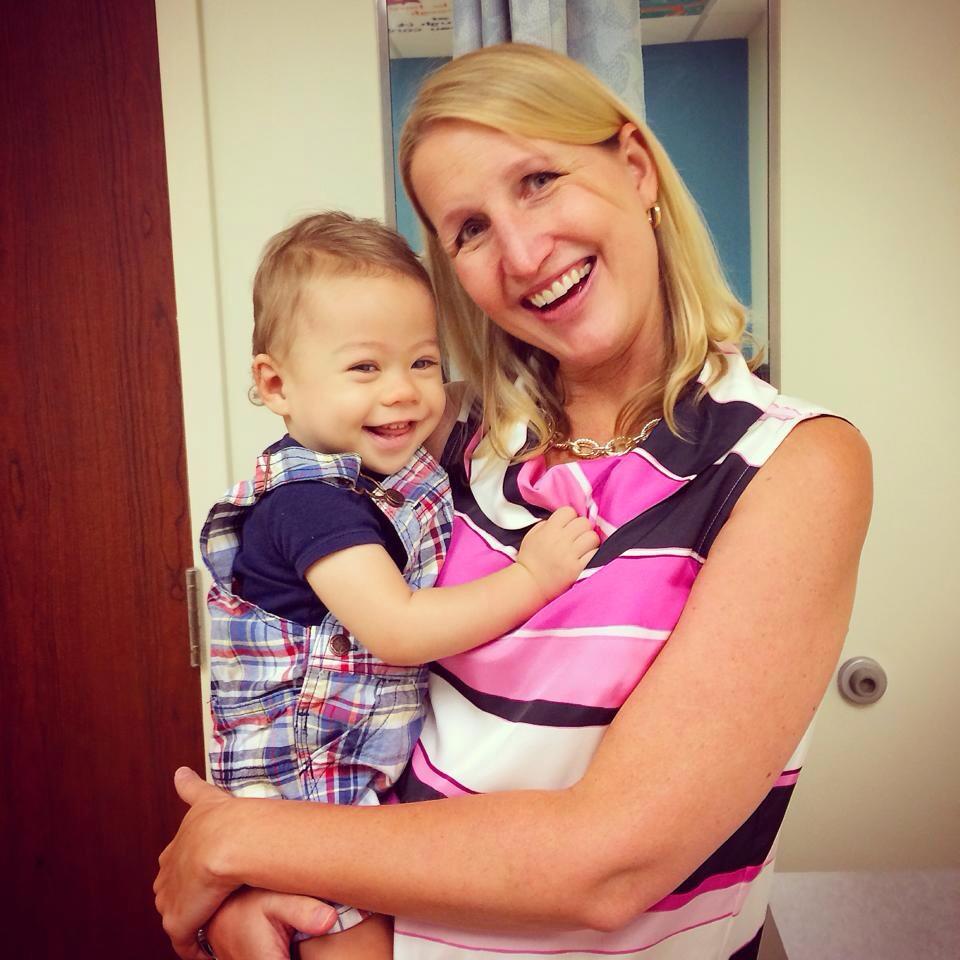
Over the next 5 years, FPWR will take an increasingly directed approach to guide R&D in order to accelerate the development of new therapies for PWS and make sure we have treatments for our loved ones as soon as possible. FPWR is in a unique position to guide and synergize all research efforts. To accomplish this mission, FPWR will develop a set of policies that will ensure that all programs are moving in a timely-manner, that data is shared amongst the community to avoid duplication of efforts, and to help synergizing efforts from stakeholders across all disciplines to move along the therapeutic development pathway in an efficient manner.
The 5-Year PWS Research Plan will begin in 2017; however, we will need additional funds for full implementation. To accelerate PWS research and fully execute this plan, we will need $26M over the next 5 years. You can help change the future of our children by making a personal contribution or fundraising for FPWR! Get started by visiting our fundraising page.
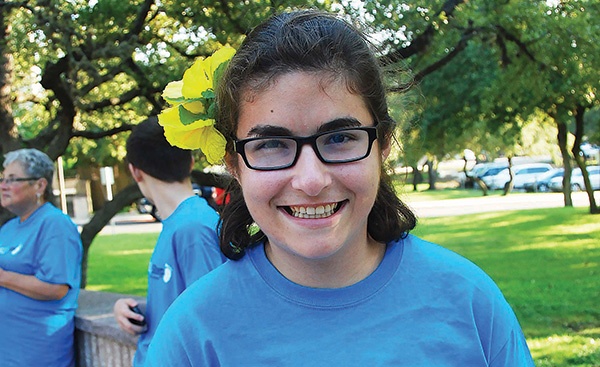
The Foundation for Prader-Willi Research (federal tax id 31-1763110) is a nonprofit corporation with federal tax exempt status as a public charity under section 501(c)(3).



The mission of FPWR is to eliminate the challenges of Prader-Willi syndrome through the advancement of research and therapeutic development.
Copyright © 2020. All Rights Reserved. Terms of Use. Privacy Policy. Copyright Infringement Policy. Disclosure Statement.